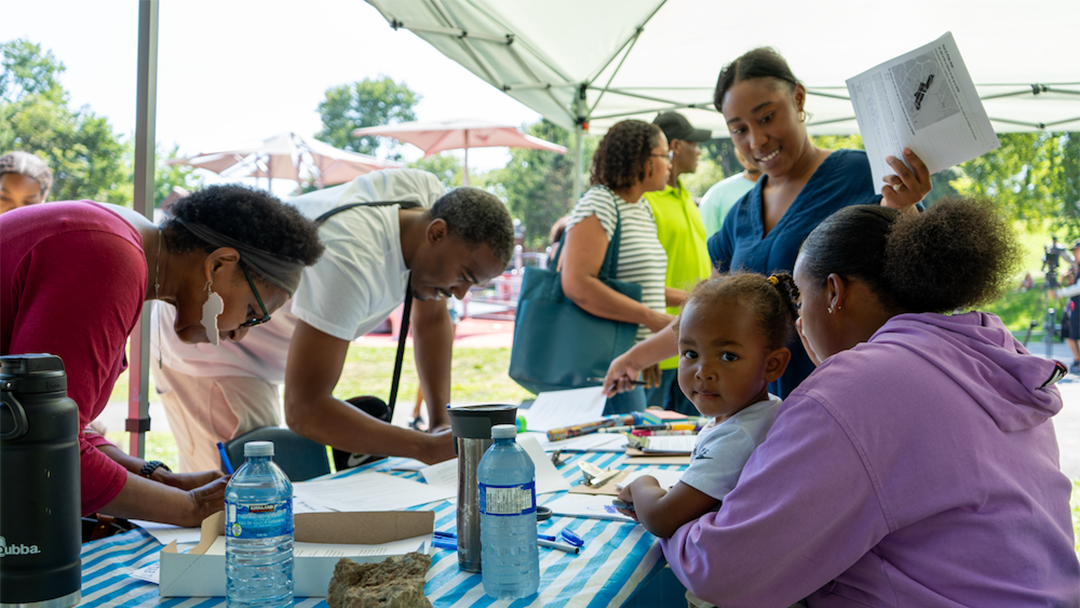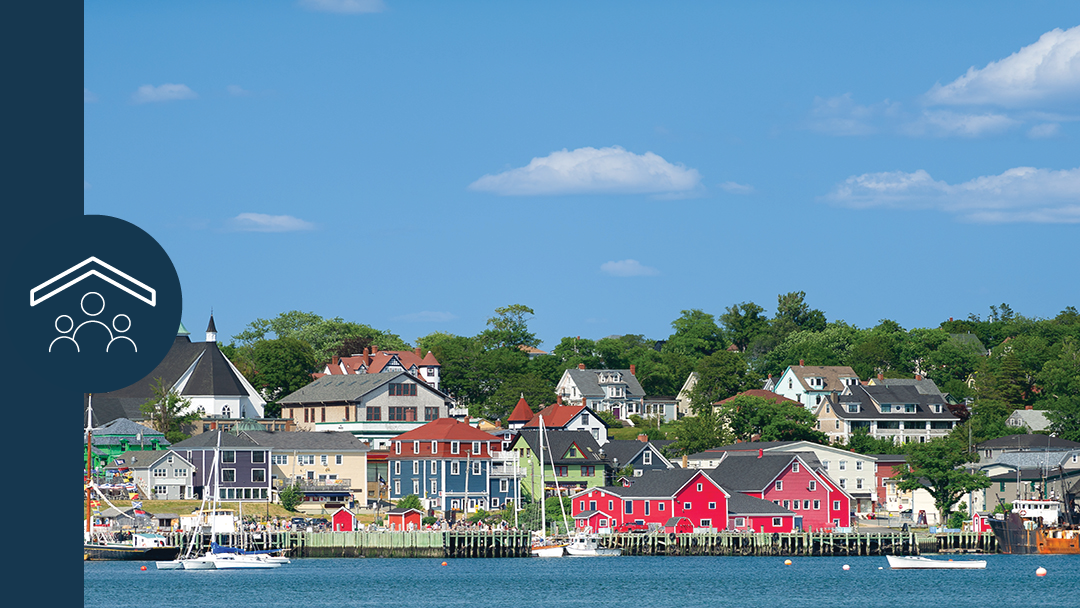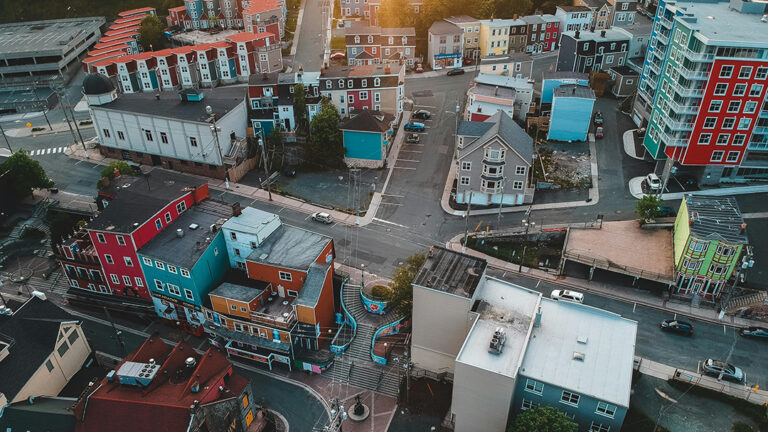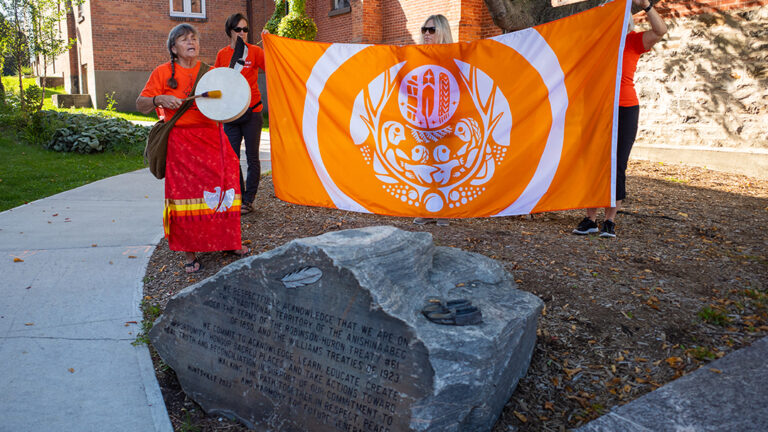Black communities are at the heart of equitable housing transformation in Canada, driving efforts to create fair and inclusive living spaces. Yet, they continue to face structural challenges, including inaccessibility and systemic discrimination.
While programs like Nova Scotia’s Community Housing Growth Fund aim to address these inequalities, significant work remains to ensure equitable housing conditions across the country.
Community initiatives play a key role in tackling these disparities. By mobilizing to meet their specific needs, Black communities create sustainable solutions that promote inclusion and diversity.
The Saint-Michel project: a commitment to inclusion and fair housing
The Saint-Michel project, led by the Société d’habitation des communautés noires (SHCN), exemplifies such an initiative. It strives to foster social and economic diversity while strengthening inclusion. By developing high-quality, affordable accommodation, SHCN seeks to reduce the social and economic disparities affecting residents of Montreal’s Saint-Michel district.
The project also aims to combat the stigma faced by Black communities while supporting other residents facing similar challenges. In particular, it seeks to address the issues of discrimination and racism that affect Black individuals’ access to housing.
A 1988 youth protection survey highlighted that Black communities were among the most poorly housed in Quebec. These conditions have not improved significantly since then, prompting SHCN to start the Saint-Michel project.
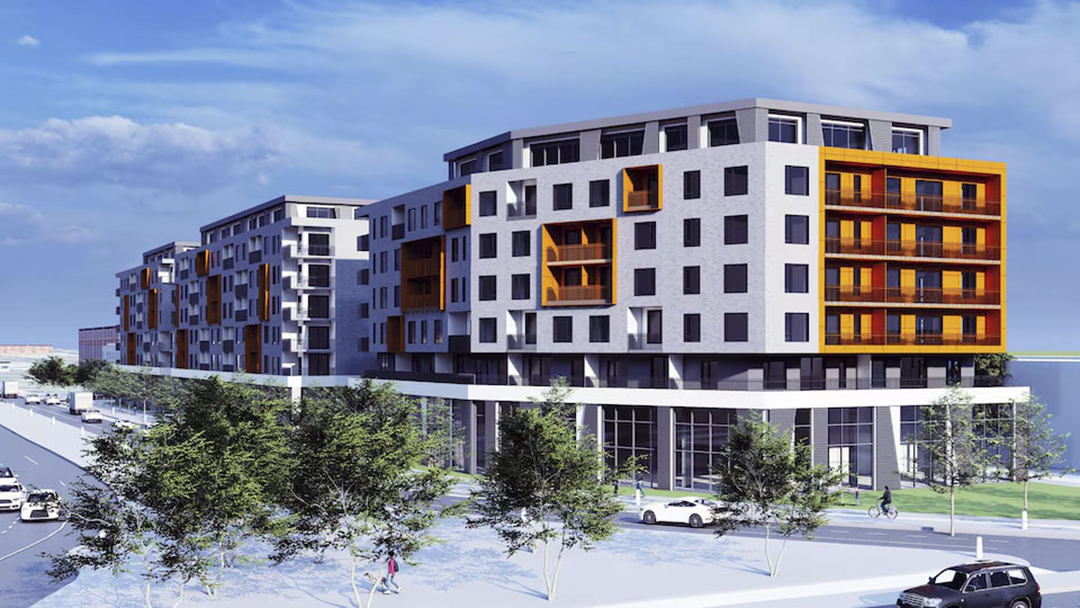
Launched in February 2024 with a budget above $115 million, the Saint-Michel project will feature a residential complex with 230 community housing units. It will also include commercial spaces, such as an early childhood center (CPE) and a grocery store, to better serve the neighborhood. These facilities will help mitigate the effects of the local food desert by improving access to fresh, affordable produce.
Support and recognition
The Saint-Michel project has garnered support from key housing ecosystem partners, including the City of Montreal, INTERLOGE, Bâtir son quartier, and the Canada Mortgage and Housing Corporation (CMHC). It has also received a $150,000 contribution from the Centre.
In recognition of its innovation and social impact, SHCN was awarded the Prix François-Saillant, which honors projects and organizations that make significant contributions to improving living conditions and advocating for housing rights.
Community Land Trusts: securing housing and heritage for Black communities
Community land trusts (CLTs) created by and for Black communities have long been used in North America to address social inequalities and promote homeownership. These initiatives demonstrate the power of collective action. After proving successful in the United States, the model has gained traction in Canada, particularly in Nova Scotia, where it is experiencing a growing movement.
These trusts operate by collectively managing land, allowing communities to secure housing that meets their specific needs. For Black communities, CLTs have also served as a means of preserving cultural heritage.
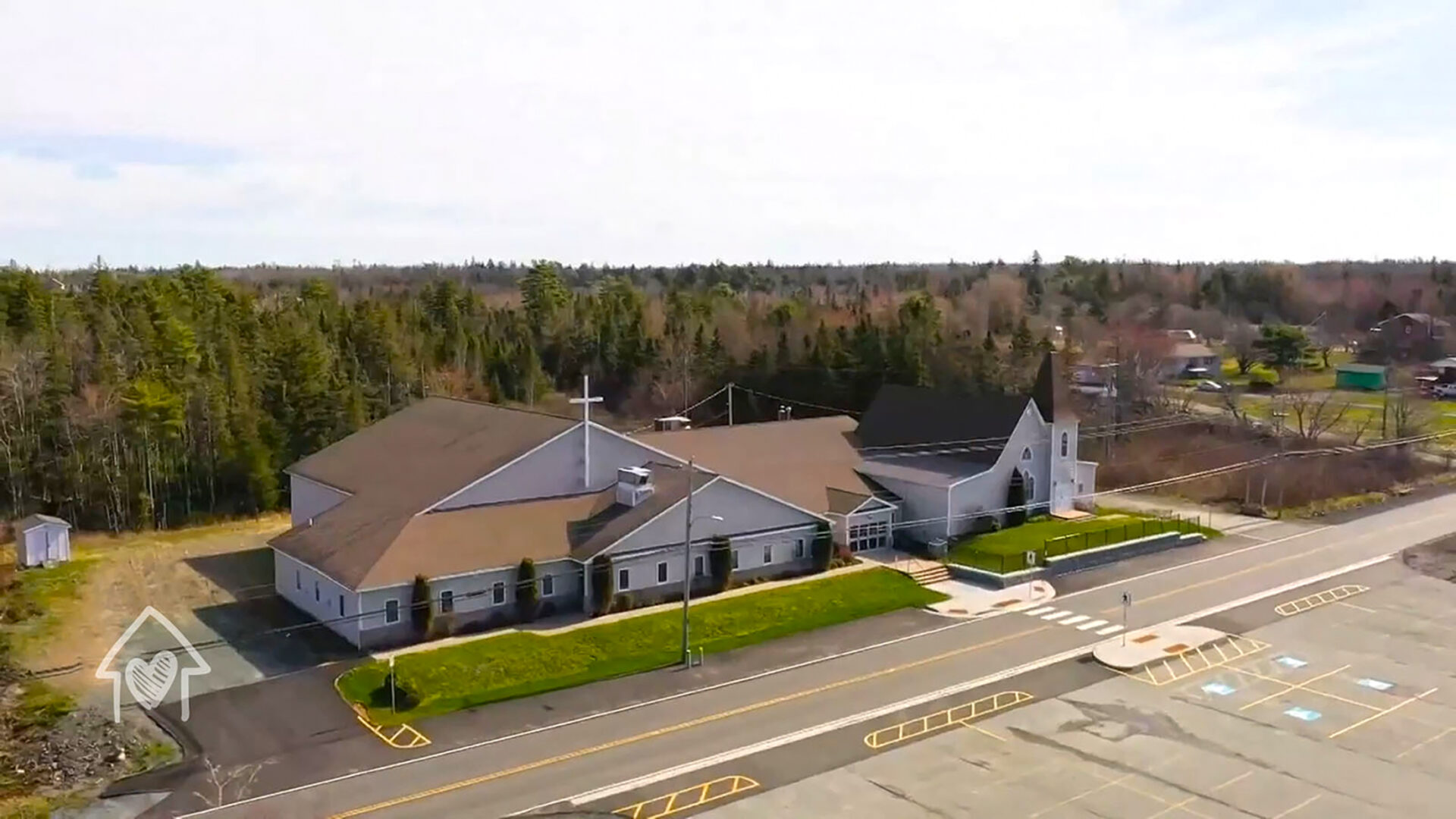
Upper Hammonds Plains: a hub for cultural preservation and social justice
The mission of the Upper Hammonds Plains Community Land Trust (UHPCLT) extends beyond housing. It is dedicated to protecting and preserving the community’s historical lands while promoting social equity and ensuring that development is rooted in African Nova Scotian cultural traditions. UHPCLT aspires to lead the expansion of CLTs in Black communities both provincially and nationally.
Beyond providing safe and sustainable housing, UHPCLT meticulously documents every step of its implementation, sharing its learnings with other community land trusts operating in similar contexts. By actively testing the CLT model—including acquiring land parcels from residents and government bodies—the organization is developing innovative, community-centered solutions.
Through an inclusive and collaborative approach, UHPCLT engages community members, professionals, and government partners in projects that extend beyond housing, incorporating environmental sustainability and economic development. By promoting homeownership, economic empowerment, and intergenerational wealth, it inspires other historically African Nova Scotian communities to reclaim control of their futures and unlock their full potential.
UHPCLT envisions a future where every resident of Upper Hammonds Plains has access to affordable, secure housing while participating in a community-driven project that fosters prosperity and equity.
Reclaiming the North End: New Roots and the fight for Afro-Nova Scotian housing rights
New Roots Community Land Trust shares a similar mission but operates in a context of resistance. Established in 2023 and led by African Nova Scotians from Halifax’s North End, this CLT was created in response to the potentially harmful effects of the Cogswell Interchange redevelopment.

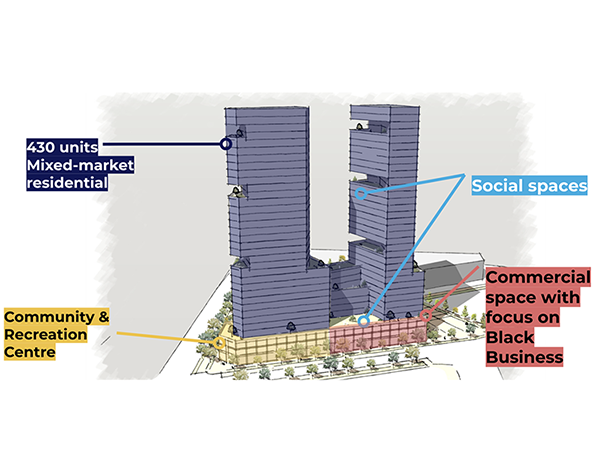
Its story echoes past injustices, such as the destruction of Seneca Village to create Central Park in New York or the displacement of residents from Montreal’s Faubourg à m’lasse to build the Jacques Cartier Bridge and later the Maison de Radio-Canada. By encouraging gentrification, the Cogswell Interchange project threatened affordability and risked displacing the neighborhood’s Black community.
However, New Roots Community Land Trust has built a stronghold against these forces, allowing the African Nova Scotian community to retain control over a critical part of urban development and shield itself from the for-profit real estate market.
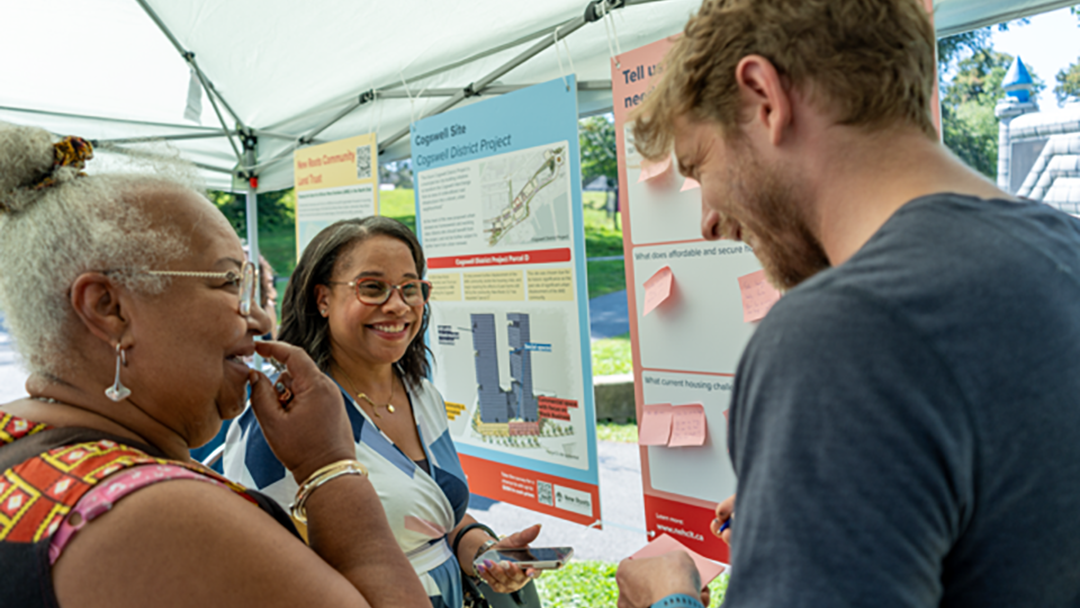
New Roots has transformed this challenge into an opportunity, ensuring that this urban redevelopment benefits the Black community. Ultimately, a mixed-use space will be developed, incorporating community spaces, a cultural and recreational center celebrating Black heritage, and commercial spaces for Black-owned businesses.
Both Upper Hammonds Plains CLT and New Roots CLT received grants through the Nova Scotia Community Housing Growth Fund.
Advocating for fair housing: addressing structural inequalities
Black communities in Canada continue to face significant housing challenges related to accessibility, affordability, and quality. According to the 2018 Canadian Housing Survey, 15% of Black individuals lived in households experiencing core housing need—compared to 9% of the general Canadian population.
These challenges include overcrowding, housing in need of major repairs, and homes that are financially out of reach. Such disparities highlight the persistent inequities faced by Black communities across Canada.
Ensuring fair access to housing is a fundamental aspect of recognizing the contributions of Black communities to Canadian society. This issue extends beyond material need—it requires dismantling structural discrimination and fostering genuine inclusion.
Building fair communities demands collective action from governments, community organizations, and private sector partners. The initiatives highlighted here demonstrate that effective solutions emerge when there is a shared commitment to change.
The Centre remains dedicated to supporting these efforts so that every community can not only access decent housing but also realize its full potential. We invite all partners in the housing ecosystem to join us in this vital work.
